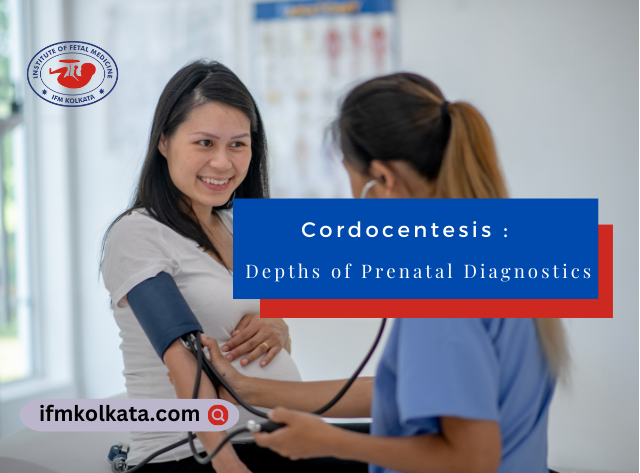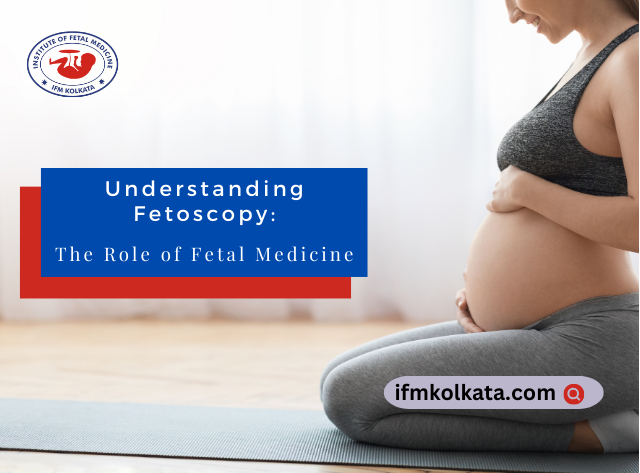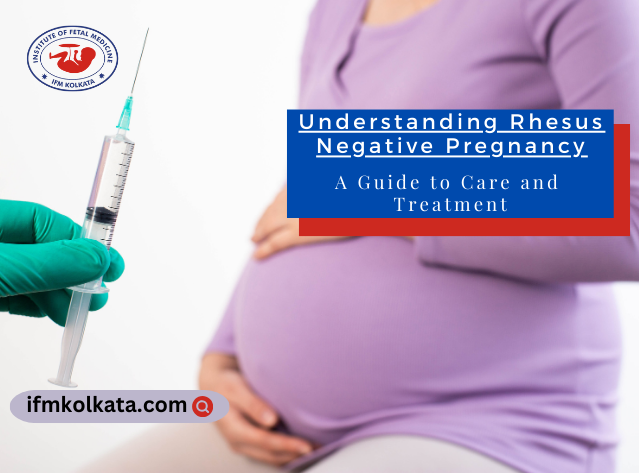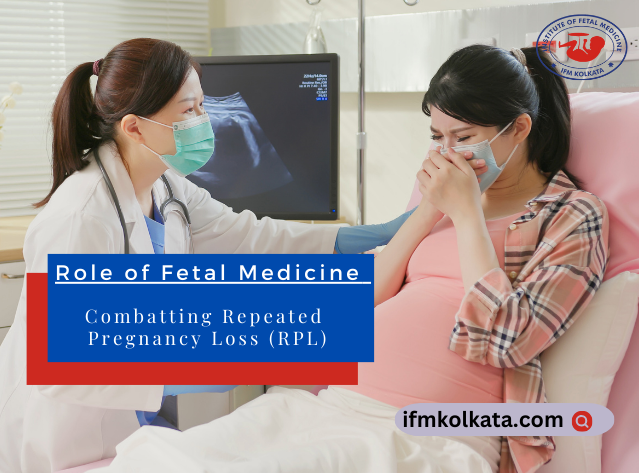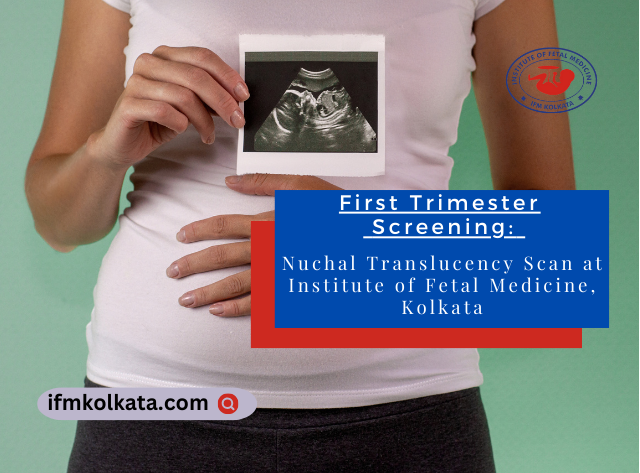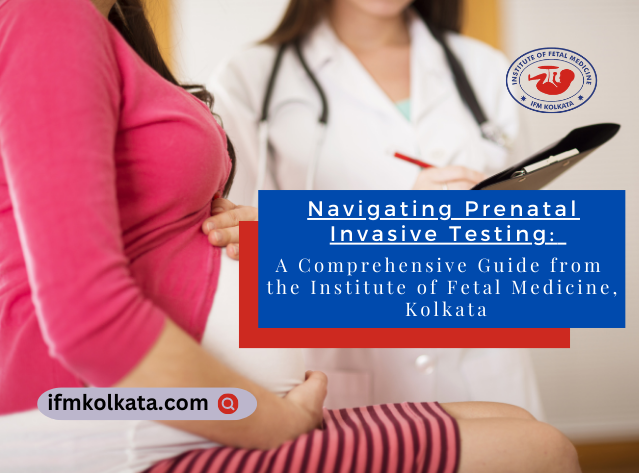Within the realm of fetal medicine, characterized by hope, anticipation, and meticulous care, there exists a group of unsung heroes – radiologists. These specialized medical professionals wield advanced imaging techniques to provide a window into the womb, significantly contributing to the health and well-being of expectant mothers and their precious little ones. In this exploration, we delve into the indispensable role of radiologists in fetal medicine and how their expertise shapes the landscape of prenatal care.
Radiologist in Fetal Medicine: Unveiling the Unseen World
Radiologists stand as custodians of the unseen, employing cutting-edge imaging technologies to explore the intricate details of fetal development. Ultrasound, magnetic resonance imaging (MRI) offering expectant parents and healthcare teams a comprehensive view of the growing fetus, providing insights beyond the naked eye’s discernment.
Best Fetal Medicine Doctor in Kolkata: Expertise at the Forefront
For those in Kolkata, recognizing the best fetal medicine doctor is crucial. These specialists possess expertise in utilizing advanced imaging techniques to ensure optimal prenatal care. The Institute of Fetal Medicine in Kolkata, West Bengal, may serve as a beacon of excellence in this field, highlighting the importance of seeking the best care for expectant mothers.
Radiologist in Fetal Medicine Kolkata: Local Expertise and Accessibility
Understanding the local landscape, including the availability of a radiologist in fetal medicine in Kolkata, is essential. Accessing local expertise ensures timely and comprehensive prenatal care, with radiologists playing a pivotal role in early detection, intervention, and personalized care plans.
Multifaceted Contributions of Radiologists in Fetal Medicine:
a. Confirmation of Due Dates: Radiologists play a crucial role in confirming due dates, providing a foundational element for prenatal care schedules.
b. Detection of Abnormalities: Expertise in early detection allows radiologists to identify fetal abnormalities, genetic conditions, and structural issues, enabling informed decision-making.
c. Guidance for Interventions: Radiologists contribute to personalized care plans, guiding healthcare providers in interventions that optimize outcomes for both the mother and the baby.
Institute of Fetal Medicine Kolkata West Bengal: A Hub of Excellence
Recognizing the Institute of Fetal Medicine in Kolkata, West Bengal, as a hub of excellence underscores the importance of specialized centers in fetal medicine. This institutes, bolstered by skilled radiologists, play a vital role in contributing significantly to the well-being of expectant parents and their precious babies.
Empowering Expectant Parents: The Role of Radiologists as Educators
Radiologists are not just imaging experts; they are educators as well. They empower expectant parents with knowledge, explaining imaging results and providing insights into the health of their developing baby. This proactive approach ensures that parents are active participants in their prenatal journey, fostering a sense of empowerment and confidence.
Celebrating Radiologists: Unsung Heroes of Prenatal Well-Being
Amidst the joys of pregnancy, it’s crucial to shine a spotlight on radiologists working diligently behind the scenes. Their contributions, often unseen, are instrumental in shaping the start of a new chapter for countless families.
Radiologists in fetal medicine embody the guiding light, providing clarity and insight into the unseen world of the womb. Their expertise not only facilitates early detection and intervention but, more importantly, also empowers expectant parents with the knowledge needed to make informed decisions. As we navigate the journey of pregnancy, let’s extend our gratitude to these unsung heroes, who play a pivotal role in ensuring the health and well-being of both mothers and their precious little ones.


